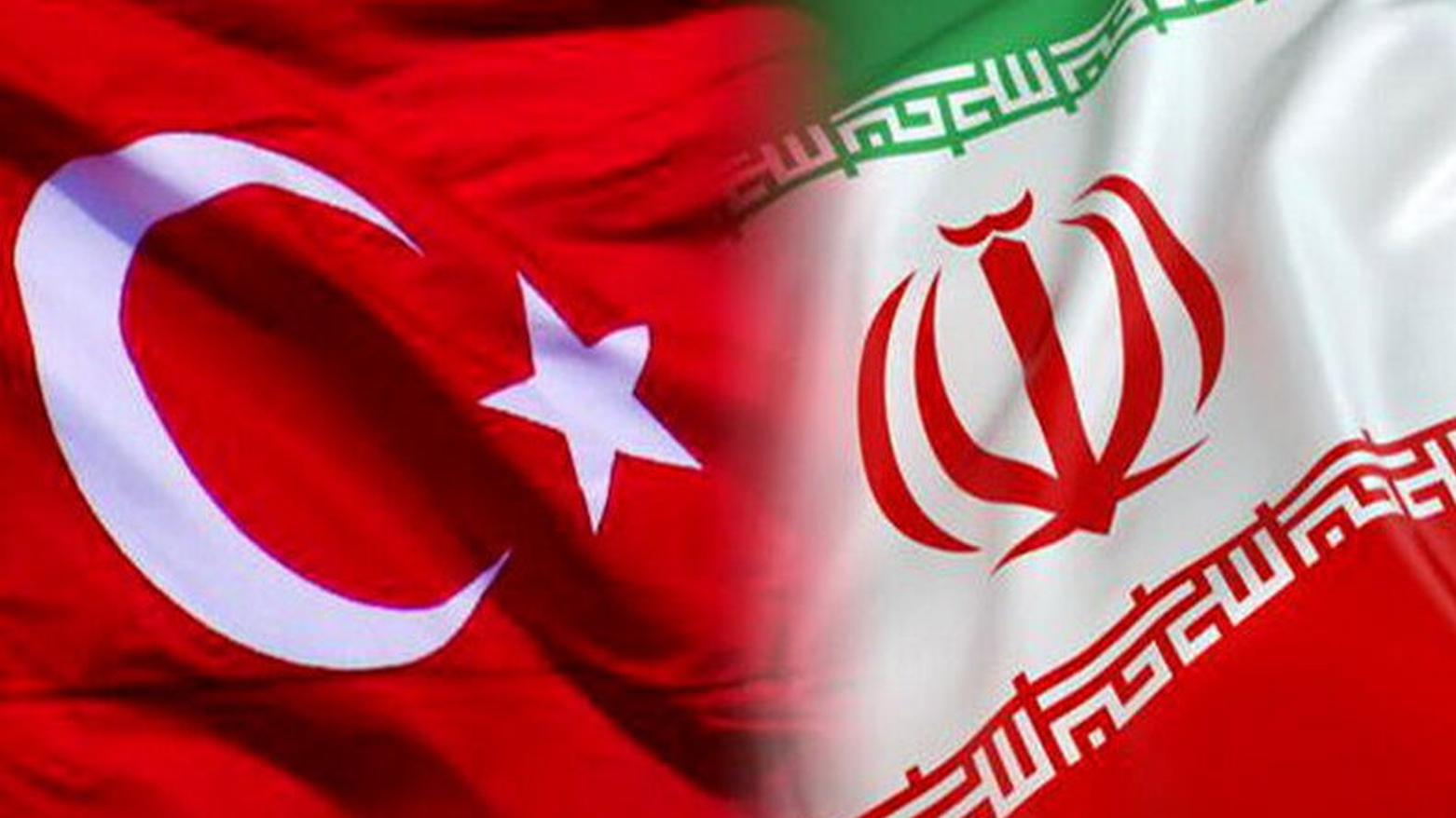Türkiye Freezes Assets Linked to Iran’s Nuclear Program
Türkiye has frozen assets of 18 entities and 20 individuals linked to Iran's nuclear program, aligning with renewed US and EU sanctions. The move signals Ankara's cooperation with Western pressure campaigns against Tehran's nuclear ambitions.

ERBIL (Kurdistan24) – Türkiye has frozen the assets of dozens of entities and individuals tied to Iran’s nuclear program, in a sweeping move that underscores Ankara’s alignment with renewed Western pressure against the Islamic Republic. The decision, signed by Turkish President Recep Tayyip Erdogan, was published in the Official Gazette on October 2, coinciding with a fresh round of United States sanctions targeting Iranian procurement networks.
According to the decree, the assets of 18 entities and 20 individuals connected to Iran’s nuclear program were frozen. The list includes the Atomic Energy Organization of Iran (AEOI), Bank Sepah and its international branch, the Isfahan Nuclear Fuel Research and Production Center, the Karaj Nuclear Research Center, as well as multiple shipping, energy, and research companies.
The measure amends Türkiye’s prior decisions in 2006, 2015, and 2021, which had enforced United Nations Security Council (UNSC) resolutions on Iran. By taking this step, Ankara has reaffirmed its commitment to implement international sanctions frameworks and demonstrated its willingness to move in lockstep with the United States and the European Union.
The Turkish decision came on the same day that the U.S. Treasury Department imposed sanctions on 21 companies and 17 individuals accused of operating weapons procurement networks for Iran’s ballistic missile program. Those sanctions spanned entities across Iran, China, and Germany, and were explicitly tied to Washington’s broader “maximum pressure” strategy.
Europe has also reinstated sanctions through the “snapback” mechanism under the 2015 Joint Comprehensive Plan of Action (JCPOA). These measures, which took effect on September 28, include an embargo on conventional weapons sales, restrictions on nuclear-related technology, travel bans, and asset freezes on designated individuals and organizations. All UN member states are required to comply with the sanctions regime, with violations carrying the risk of worldwide financial isolation.
The reactivation of sanctions followed the UNSC’s rejection of a draft resolution to permanently lift restrictions against Tehran. Russia, China, Pakistan, and Algeria voted to block the measure, while nine members opposed sanctions relief, and two abstained.
Iran has fiercely rejected the reimposition of sanctions, summoning its ambassadors from Britain, France, and Germany for consultations after the three European powers triggered the snapback mechanism. Iranian President Masoud Pezeshkian described U.S. proposals to surrender enriched uranium in exchange for a brief sanctions reprieve as “by no means acceptable,” insisting that such demands undermine Iran’s sovereignty.
Tehran has also threatened to end participation in International Atomic Energy Agency (IAEA) inspections, escalating concerns over transparency in its nuclear activities.
In a sign of defiance, Iran announced a $25 billion deal with Russia’s Rosatom to construct four new nuclear power plants in the southern province of Hormozgan. Each reactor is expected to produce 1,255 megawatts, dramatically expanding Iran’s energy capacity beyond the existing 1,000-megawatt Bushehr plant.
Washington welcomed Europe’s reimposition of sanctions, praising the alignment of allies after years of division over how to manage Tehran’s nuclear ambitions. Ankara’s move to freeze assets sends a signal that Türkiye, despite its often delicate balancing act between East and West, is prepared to enforce restrictions against Iran’s nuclear and financial networks.
Meanwhile, Tehran has recalled envoys not only from Germany, France, and Italy but also hardened its rhetoric by warning that Western pressure risks permanently collapsing what remains of the 2015 nuclear accord. The JCPOA was originally intended to curb Iran’s nuclear program in exchange for sanctions relief, but following the United States’ unilateral withdrawal in 2018 under President Donald Trump, the deal has steadily unraveled.
The EU insists it is still committed to holding Iran accountable under the terms of the JCPOA, but negotiations remain frozen after the devastating U.S.-backed Israeli strikes on Iranian nuclear and military facilities in June. During those attacks, Washington reportedly provided Israel with bunker-buster support, enabling strikes on Iran’s deeply buried nuclear infrastructure.
With sanctions now reinstated, Iran faces mounting economic and diplomatic isolation at a time of growing geopolitical fracture. While the United States, Europe, and Türkiye push to tighten restrictions, Russia and China have dismissed the snapback measures as illegitimate, vowing continued cooperation with Tehran.